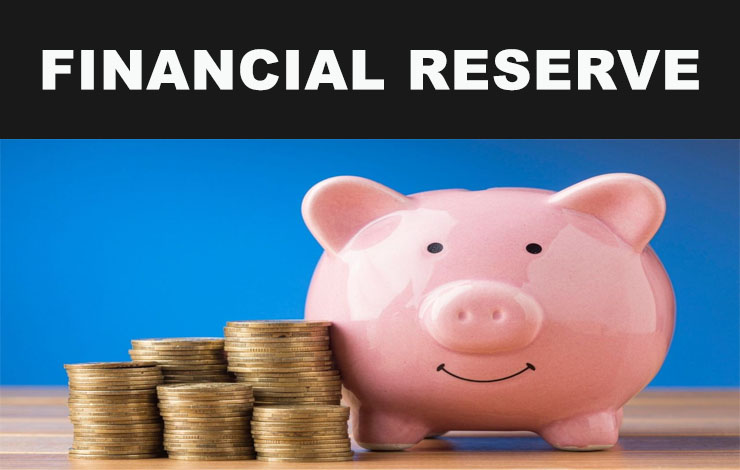In times of economic uncertainty and financial instability, having an emergency reserve is critical to protect yourself from unforeseen events and ensure financial tranquility. The emergency reserve is an amount of money set aside for unexpected situations such as job loss, illness, medical expenses, or family emergencies.
In this article, we’ll cover well-researched questions about the importance of the emergency reserve, how to build it, and how it can be a true lifesaver in 2023.
What is an emergency reserve and why is it important?
The emergency reserve is a financial fund separate from your regular budget, intended to cover unforeseen or emergency expenses.
It is recommended that the emergency reserve has the equivalent of three to six months of basic expenses, including housing, food, health and transportation. The importance of the emergency reserve lies in its ability to provide financial security in times of crisis, allowing you to deal with unexpected expenses without resorting to borrowing or selling assets.
How to build an emergency reserve?

Raise money
Building an emergency reserve can be a gradual but essential process. Some strategies to build your reserve are:
a) Set realistic goals: Determine how much you want to save for your emergency reserve and set monthly or quarterly goals to reach that amount.
b) Save a percentage of earnings: Set aside a percentage of your monthly earnings for the emergency reserve before considering other expenses.
c) Reduce unnecessary spending: Identify areas of your budget where you can save and redirect those resources to the emergency reserve.
d) Use extra income: Use extra income, such as bonuses or investment income, to boost your emergency reserve.
What is the ideal size of the emergency reserve?
The optimal size of the emergency reserve can vary from person to person, but it is generally recommended to have three to six months of basic expenses covered. This means that if your monthly expenses are $5,000, the ideal would be to have between $15,000 and $30,000 in your emergency reserve. However, some people may prefer to have a larger reserve to feel safer.
Where to invest the emergency reserve?
The emergency reserve should be maintained in low-risk, high-liquidity investments. Some common options are:
a) Savings: Savings are a safe and liquid option for the emergency reserve, but their income may be low.
b) Fixed income funds: Conservative fixed income funds offer good liquidity and more attractive yields than savings.
c) CDs with daily liquidity: Some Bank Deposit Certificates (CD) offer daily liquidity, allowing the redemption of money at any time.
Why is the emergency reserve even more important in times of economic uncertainty?
In times of economic uncertainty, the emergency reserve becomes even more important. Economic crises can lead to layoffs, financial market crashes, and unexpected financial difficulties. Having a well-established emergency reserve provides a safety net that allows you to face these situations with more peace of mind and without resorting to drastic measures, such as selling assets at unfavorable prices or taking on high-cost debt.
What are the risks of not having an emergency reserve?
The lack of an emergency reserve can expose individuals to a variety of financial risks, such as:
a) Indebtedness: Without a reserve, people can resort to loans or credit cards in times of emergency, increasing the debt and interest paid.
b) Sale of assets at unfavorable prices: In case of need, individuals may be forced to sell assets, such as real estate or investments, at below-market prices.
c) Stress and anxiety: Lack of financial security can lead to high levels of stress and anxiety, affecting quality of life.
d) Lack of opportunities: Without an emergency reserve, individuals may lose investment opportunities or advantageous acquisitions due to lack of available resources.
What did we learn in this article?
The emergency reserve is a key piece in the financial strategy of any individual or family. It offers security and protection in times of economic uncertainty, allowing you to deal with emergencies without compromising assets or taking on unnecessary debt.
Building an emergency reserve can be a gradual process, but it is an essential investment to ensure financial peace of mind and make more informed decisions in 2023 and at any time in life. Always remember that each person has their own financial needs and goals, so it is important to seek guidance from a financial professional to create a strategy suited to your specific reality.
